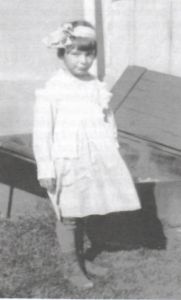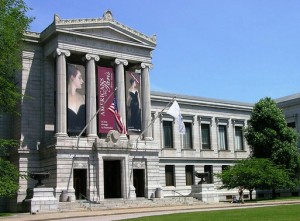Proper 7A, 25 June 2023. The Very Rev. Pamela L. Werntz
- Genesis 21:8-21. Then God opened her eyes and she saw a well of water.
- Romans 6:1b-11. So you also must consider yourselves dead to sin and alive to God in Christ Jesus.
- Matthew 10:24-39. I have not come to bring peace but a sword.
O God of love, may we have the wisdom, the strength, and the courage to seek always and everywhere after truth – come when it may and cost what it will.
May I just say how glad I am that we are not celebrating a baptism today? For two of the last three times I’ve preached on the lessons we just heard, we’ve had special guests in church because of baptisms. These are readings that I’d rather not have read at all in church, and especially not when we have company!
It’s hard for me to listen to this portion of Matthew without thinking, “Gosh, Jesus was so crabby! Where is our tender shepherd? Where are Jesus’ family values? Is Matthew’s Jesus calling for violence?” I think the Apostle Paul would answer, “By no means!” But what is going on here? Our Gospel reading for today is a continuation of the portion of Matthew from last week, in which Jesus summoned twelve disciples (learners or followers) and empowered them to heal diseases and sicknesses and gave them authority over unclean spirits. He sent the authorized disciples out, thereby making them apostles (which means sent out). They were to take their newly-bestowed spiritual power with them along the way, but not their stuff – no money, extra clothing, or food. Jesus assured them that their power to heal, to bring peace, was going to be enough to move people to provide hospitality; and if the people didn’t welcome them, the apostles were to continue on with their peace returned to them, their wellbeing intact. So far so good; it sounds as if everything is going to be all right. Continue reading



